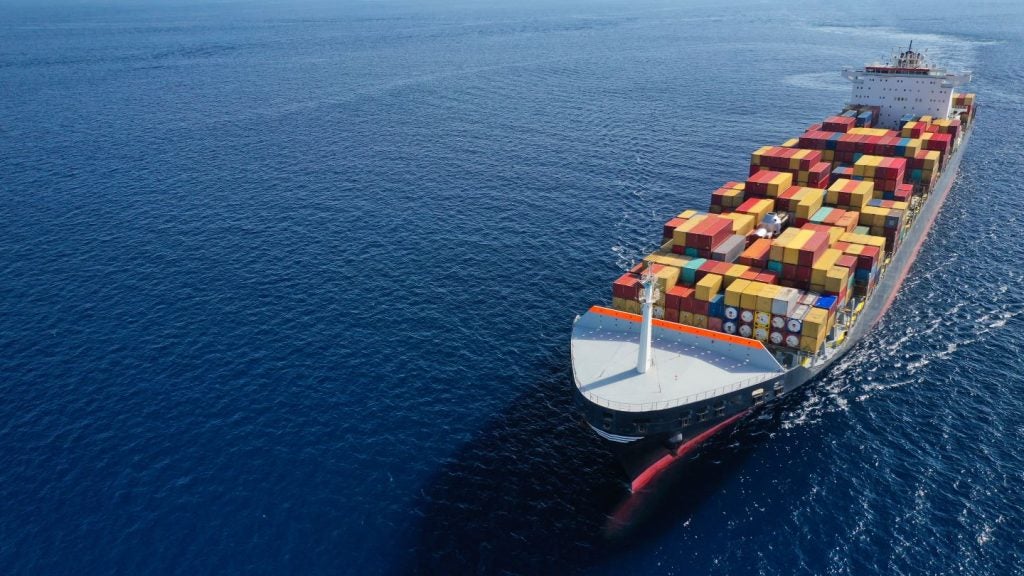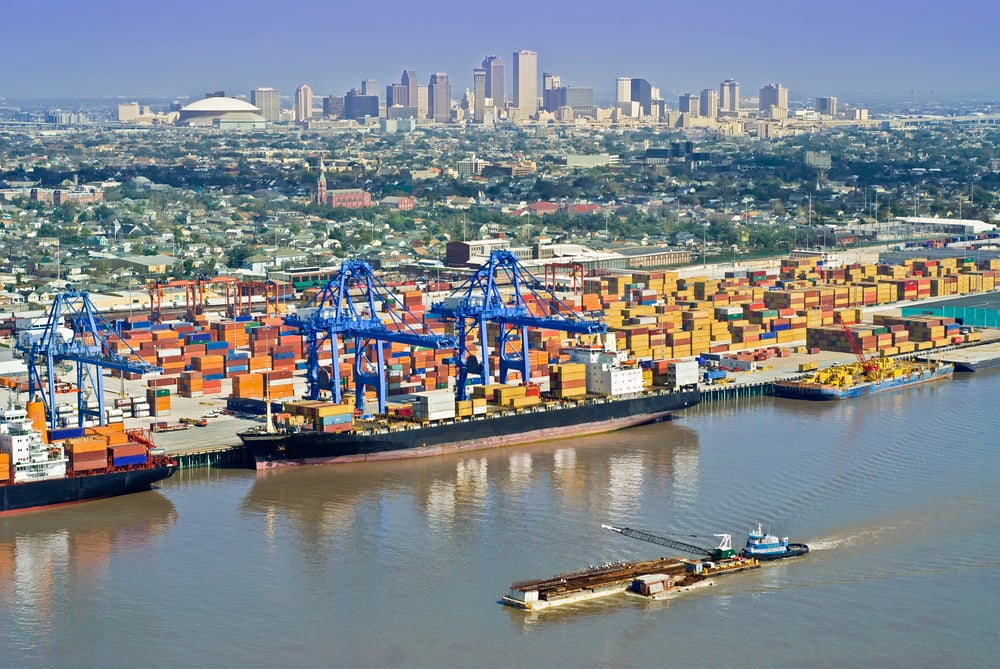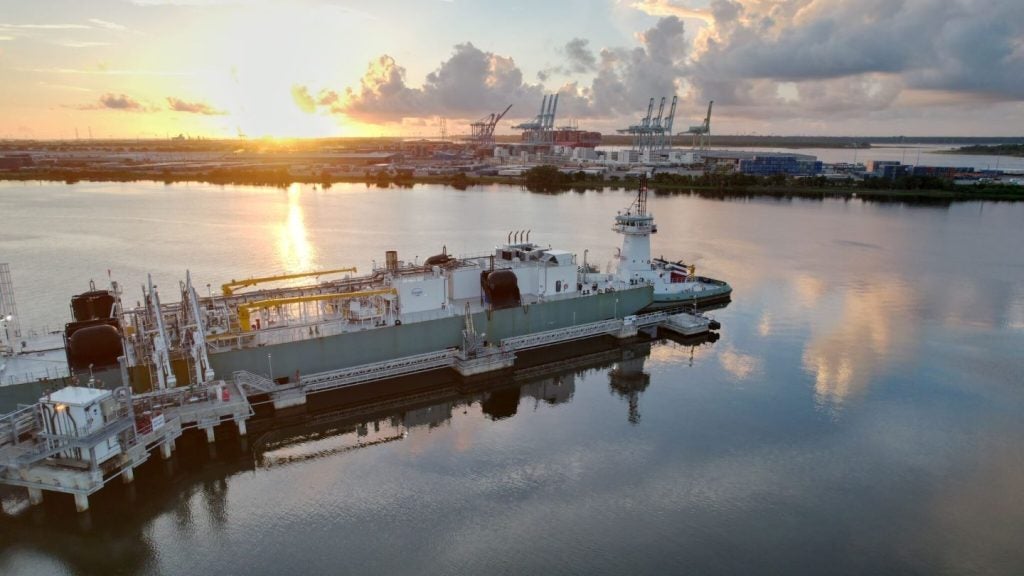The UN trade and development body UNCTAD, has called for a "just and equitable transition" to a decarbonized shipping industry in its Review of Maritime Transport 2023.
The report paints a contrasting image, emphasising its crucial aspects on the growth of trade volumes across 2023 combined with the mounting costs of decarbonisation and an emphasis on cleaner fuels.
According to UNCTAD, maritime commerce volumes will increase in the near future, with a 2.4% increase in 2023 and a 2.1% increase over the next five years.
While this reflects a decrease in the average annual pace of commerce volume of 3% over the previous four decades, it demonstrates the "limits of the notion of geoeconomic fragmentation."
Shamika N. Sirimanne, UNCTAD, director of technology and logistics, stressed the importance of "system-wide intervention [and] unified regulatory framework for all ships" following the report's release.
Sirimanne noted that maritime transport currently carries more than 80% of the world's trade volume, but emissions in the sector have grown by 20% over the past decade when the rest of the world is trying hard to cut GHG emissions.
The maritime industry's goal of decarbonization by approximately 2050 is further limited by economic constraints. According to UNCTAD, an extra $8bn to $28bn will be required annually to decarbonize ships by 2050, with further significant expenditures ranging from $28bn to $90bn for 100% carbon-neutral fuels.
UNCTAD Secretary-General Rebeca Grynspan highlighted the body's continued push for resilience.
Grynspan said: “This 2023 edition of the Review of Maritime Transport paints a complex, mixed picture. Maritime transport needs to decarbonize as soon as possible while ensuring economic growth. Balancing environmental sustainability, regulatory compliance and economic demands is vital for a prosperous, equitable and resilient future for maritime transport.”
In response to recent trade disruptions and commercial tensions, a dynamic shift in the overall shipping patterns and trading routes across the world’s oceans has recently been discovered.
The report found that certain commodities which include grain and oil cargo have travelled longer distances across 2023 than any other year on record.
Despite the fact that roughly 99% of the worldwide fleet is still dependent on conventional fuels, the report highlights positive trends such as the 21% of vessels on order that have been adapted for alternative fuels.
A push for further digitalisation across the sector is imminent, with investments in this area not only informing shipowners but also increasing efficiency and reducing delays.
Further enhancing this push for digitalisation, the UK introduced the Electronic Trade Documents Act in July 2023, which gives electronic documents the same legal recognition as paper documents.
"Investing in digitalization and technology will improve predictability and reliability of shipping, and applying technologies such as AI, machine learning, blockchain and the internet of things will result in performance optimization for monitoring, routing, speed and predictive maintenance – which can all help accelerate decarbonization," Sirimanne added.















